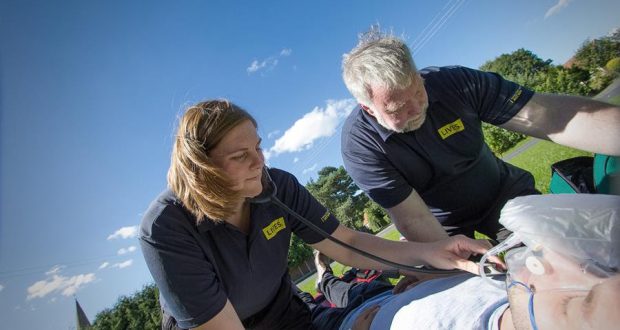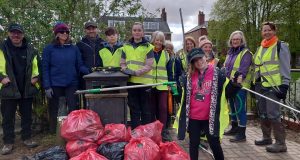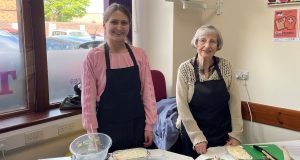The trend of increasing calls is continuing into 2017 with LIVES responders kept exceptionally busy over the new year holiday period. Between December 31 and January 2, volunteers attended more than 300 emergency incidents, which is nearly double the normal number of jobs.
LIVES’ chief executive officer Nikki Silver said: “Our responders make a huge contribution to their communities throughout the year, responding to emergency calls day or night and whatever the weather.
“We’re often the first people at the scene of an emergency and our actions save lives.
“Now, as the number of calls we attend grows, more than ever it is important for us to raise funds to allow our volunteers to continue their exceptional lifesaving work.
“We are very grateful for the public support that allows us to continue to offer immediate medical care throughout Lincolnshire, and we would not have been able to help more than 20,000 people without our generous supporters.”
On average, LIVES responders attend nearly 60 calls per day and aim to get to the patient in eight to nine minutes to deliver immediate life-saving care, often before the arrival of an ambulance.
Every year the charity needs to raise more than £1 million from public donations to keep its volunteers trained and equipped.
To give support, visit lives.org.uk/donate/.
HOW DOES LIVES WORK?
LIVES (Lincolnshire Integrated Voluntary Emergency Service) provides a timely and skilled response by trained volunteers to medical emergencies.
When you dial 999, not only will an ambulance be mobilised, but the LIVES volunteers on call in your area will also receive notification that you need their help.
LIVES community first responders are volunteers based in local communities who are trained to deliver timely life-saving interventions.
LIVES was formed by two doctors in 1970 following a road accident on the A1 in which the casualty died through lack of immediate medical care.
 The Voice of Spalding and South Holland
The Voice of Spalding and South Holland




